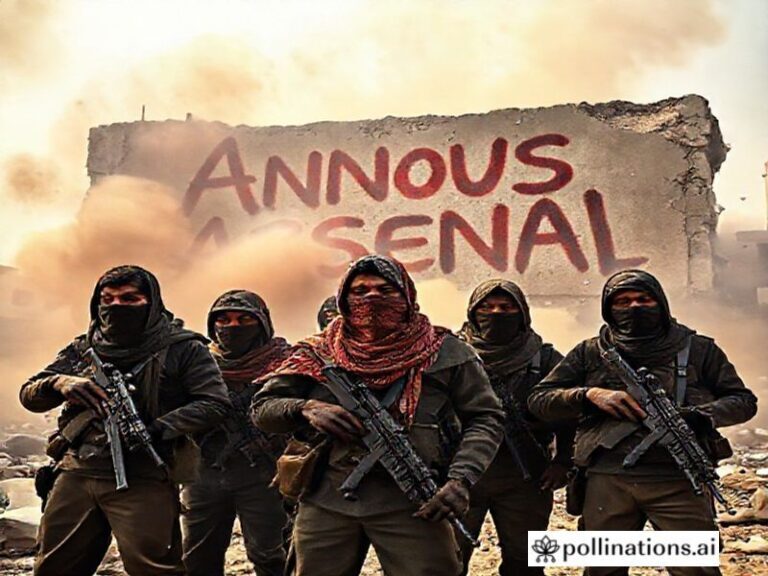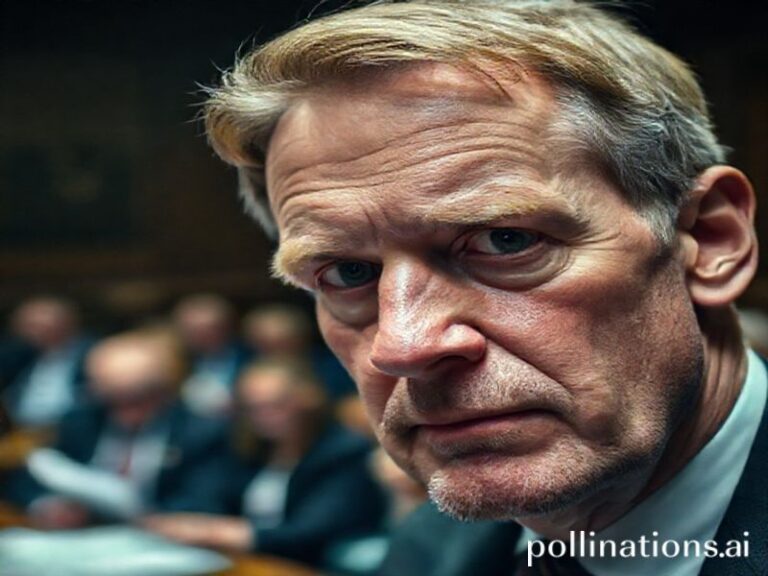From Malta to the World: The Matteo Franzoso Passport Circus and the Global Trade in Citizenship
Matteo Franzoso and the Great Global Grift: How One Italian “Consultant” Became a Trans-Continental Punchline
Rome, Valletta, Dubai, Lagos—if you squint hard enough at Matteo Franzoso’s LinkedIn résumé, the man looks less like a consultant and more like a budget airline route map. For the uninitiated, Franzoso is the 37-year-old Italian whose name now circulates in diplomatic cable footnotes and WhatsApp group chats from Brussels to Bujumbura. Allegedly, he sold European Union passports the way other people sell knock-off sunglasses on the beach: loudly, cash-up-front, and with a warranty nobody intends to honor. The scheme (elegant in its simplicity) was to peddle Maltese citizenship—fast-track, no awkward questions—to anyone whose offshore account could fog a mirror.
International significance? Picture the global elite’s favorite escape hatch—an EU passport—reduced to a Groupon. The reverberations have been positively operatic. Maltese bureaucrats are speed-walking past microphones like extras in a Fellini farce. Meanwhile, in Dubai, real-estate agents are quietly deleting Zoom backgrounds that once flaunted the Maltese flag. And in Nigeria, the phrase “as safe as a Maltese passport” has become slang for “about to collapse.”
The broader context is deliciously grim. The world currently hosts 26 million refugees—people who would crawl over broken glass for the paperwork Franzoso allegedly sold like festival wristbands. Yet the same document that might save a Syrian family from a Turkish limbo was, according to prosecutors, handed to Russian crypto-millionaires and Angolan generals over espresso in Paceville cafés. One must admire the symmetry: humanity’s most desperate need, monetized into a VIP lounge perk.
Franzoso himself—sharp suit, sharper jawline—has the haunted grin of a man who just realized the poolside photo he posted last year is now Exhibit C. Arrested in Naples last March, he reportedly claimed he was merely a “facilitator,” an ancient euphemism older than the Roman roads. Investigators, unimpressed, found €750,000 in vacuum-packed bricks behind a false wall. (Prosecutors say the notes smelled faintly of sunscreen and guilt.)
The fallout has been predictably multinational. Brussels, already allergic to Malta’s cash-for-passports scheme, has launched infringement proceedings—Eurocrat for “stern letter followed by decades of litigation.” Washington is “monitoring developments,” which is Beltway argot for updating spreadsheets. And in Beijing, state media has leapt on the story as proof that Western democracy is just a luxury good with a longer queue.
Yet the most poignant commentary comes from Valletta’s own passport office, where staff now work under CCTV so intrusive it could livestream existential dread. An anonymous clerk told La Repubblica that after the scandal broke, applications from actual Maltese citizens—born, bred, and bored on the rock—were being triple-checked “just in case the island accidentally sold itself.”
Conclusion? Matteo Franzoso will probably become a footnote in a future EU white paper titled “Preventing Further Matteo Franzosos.” But the episode underscores an uncomfortable global truth: when citizenship becomes a commodity, supply and demand will always find their Franzoso. Until nations stop stapling price tags to human mobility, the market remains open, the margins juicy, and the punchlines multilingual.
In the meantime, if you’re offered a Maltese passport in a parking lot, remember: the only thing more expensive than the asking price is the legal bill that follows. And should you bump into Matteo in whatever non-extradition haven he’s eyeing next, congratulate him—he’s given the world a new unit of measurement. One Franzoso: the exact distance between national sovereignty and its clearance rack.







